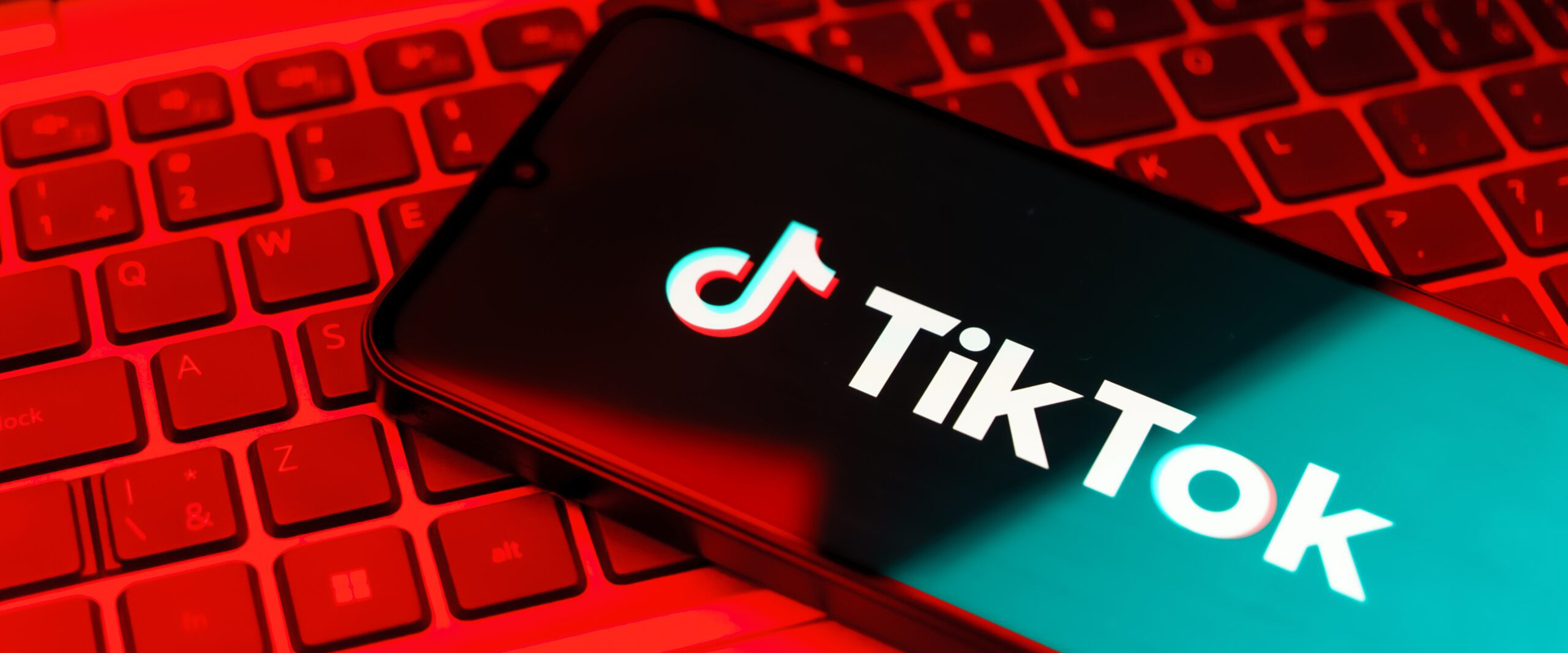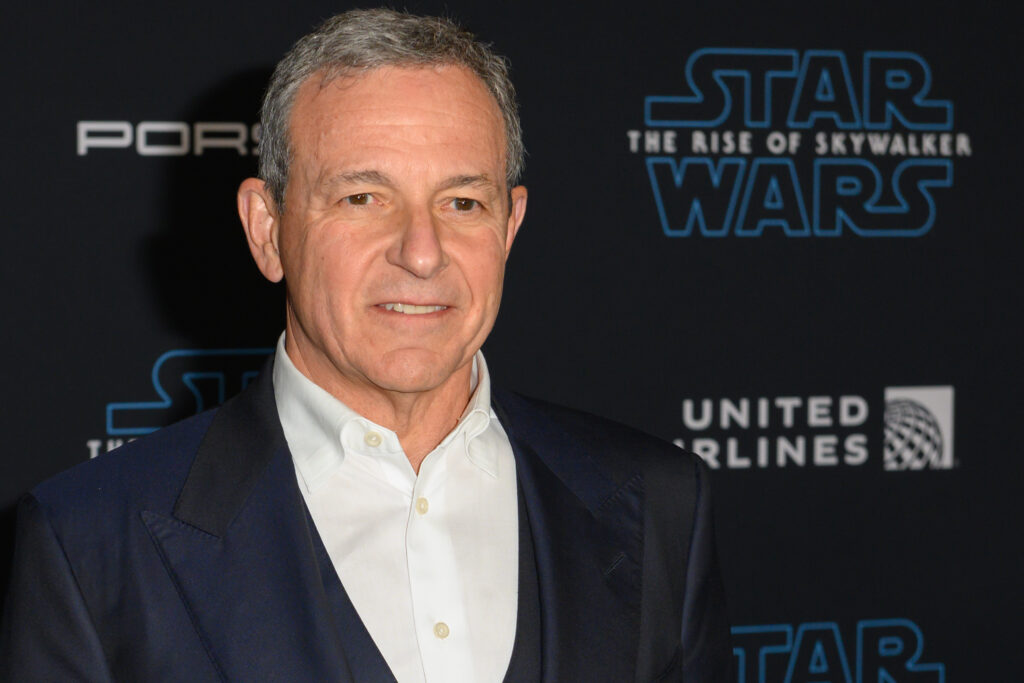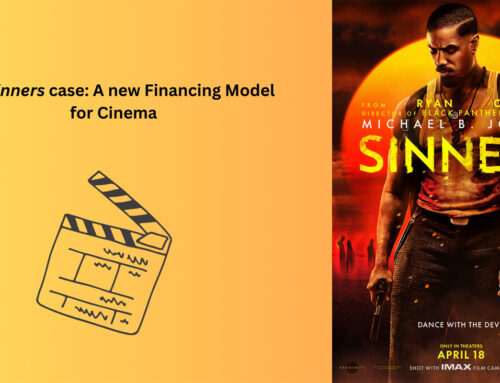TikTok Seeks Supreme Court Intervention to Block Nationwide Ban
TikTok has filed an urgent appeal with the Supreme Court, requesting an injunction to block a federal law that would enforce a U.S.-wide ban on the app unless its Chinese parent company, ByteDance, divests its stake by January 19, 2025.
The move follows a ruling from the U.S. Court of Appeals for the D.C. Circuit, which upheld the Protecting Americans from Foreign Adversary Controlled Applications Act. The court concluded that national security concerns outweigh TikTok’s argument that the law infringes on the First Amendment rights of its 170 million U.S. users.
In its decision, the D.C. Circuit acknowledged TikTok’s widespread influence, stating, “Some 170 million Americans use TikTok to create and view all sorts of free expression and engage with one another and the world. And yet, in part precisely because of the platform’s expansive reach, Congress and multiple Presidents determined that divesting it from the [People’s Republic of China’s] control is essential to protect our national security”. The court further emphasized that the law “does not target speech based upon its communicative content” but rather mandates ByteDance’s divestiture as a condition for TikTok’s continued operation in the United States. The ban could take effect on January 19, 2025, unless ByteDance successfully sells its TikTok stake to a non-“foreign adversary” entity. The president has the authority to extend this deadline by 90 days if substantial progress is made in negotiations, potentially moving the deadline to April 19, 2025.
President Biden signed the TikTok-specific bill into law in April 2024 with bipartisan support, following years of debate over the app’s Chinese ties. According to TikTok, the ban would inflict significant economic harm, estimating over $1 billion in monthly revenue losses for small businesses and $300 million in earnings losses for creators.
“The Supreme Court has an established record of upholding Americans’ right to free speech” TikTok stated on Monday. “Today, we are asking the Court to do what it has traditionally done in free speech cases: apply the most rigorous scrutiny to speech bans and conclude that it violates the First Amendment”.
President elect Donald Trump, whose earlier efforts to force a ByteDance divestiture failed, commented on the matter during a press conference. “We’ll take a look at TikTok” he said, adding: “I have a warm spot in my heart for TikTok because I won youth [voters] by 34 points”. However, Trump’s claim conflicts with CNN exit polls showing he trailed VP Kamala Harris among 18-29-year-olds by 11 points.
Public opinion on a TikTok ban remains split. An Ipsos/Reuters poll from April 2024 found that 50% of Americans support the ban, while 32% oppose it. However, opposition is stronger among younger users, with 50% of those aged 18-34 against the measure.
Share:
TikTok has filed an urgent appeal with the Supreme Court, requesting an injunction to block a federal law that would enforce a U.S.-wide ban on the app unless its Chinese parent company, ByteDance, divests its stake by January 19, 2025.
The move follows a ruling from the U.S. Court of Appeals for the D.C. Circuit, which upheld the Protecting Americans from Foreign Adversary Controlled Applications Act. The court concluded that national security concerns outweigh TikTok’s argument that the law infringes on the First Amendment rights of its 170 million U.S. users.
In its decision, the D.C. Circuit acknowledged TikTok’s widespread influence, stating, “Some 170 million Americans use TikTok to create and view all sorts of free expression and engage with one another and the world. And yet, in part precisely because of the platform’s expansive reach, Congress and multiple Presidents determined that divesting it from the [People’s Republic of China’s] control is essential to protect our national security”. The court further emphasized that the law “does not target speech based upon its communicative content” but rather mandates ByteDance’s divestiture as a condition for TikTok’s continued operation in the United States. The ban could take effect on January 19, 2025, unless ByteDance successfully sells its TikTok stake to a non-“foreign adversary” entity. The president has the authority to extend this deadline by 90 days if substantial progress is made in negotiations, potentially moving the deadline to April 19, 2025.
President Biden signed the TikTok-specific bill into law in April 2024 with bipartisan support, following years of debate over the app’s Chinese ties. According to TikTok, the ban would inflict significant economic harm, estimating over $1 billion in monthly revenue losses for small businesses and $300 million in earnings losses for creators.
“The Supreme Court has an established record of upholding Americans’ right to free speech” TikTok stated on Monday. “Today, we are asking the Court to do what it has traditionally done in free speech cases: apply the most rigorous scrutiny to speech bans and conclude that it violates the First Amendment”.
President elect Donald Trump, whose earlier efforts to force a ByteDance divestiture failed, commented on the matter during a press conference. “We’ll take a look at TikTok” he said, adding: “I have a warm spot in my heart for TikTok because I won youth [voters] by 34 points”. However, Trump’s claim conflicts with CNN exit polls showing he trailed VP Kamala Harris among 18-29-year-olds by 11 points.
Public opinion on a TikTok ban remains split. An Ipsos/Reuters poll from April 2024 found that 50% of Americans support the ban, while 32% oppose it. However, opposition is stronger among younger users, with 50% of those aged 18-34 against the measure.









